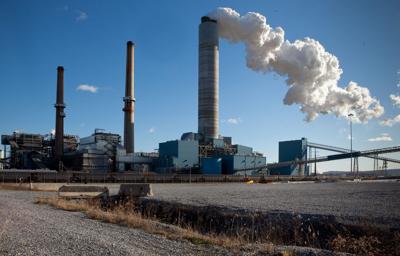Despite the danger from heavy metals found in the waste of coal-fired power plants, the Environmental Protection Agency (EPA) has decided to weaken the rule limiting the levels of toxic waste coal plants are allowed to discharge.
A 2015 regulation lowered acceptable levels of toxic discharge from coal plants, increased inspection and monitoring, and required plants to implement new technology to contain coal ash.
According to the New York Times, the expected changes from the EPA will relax some of these requirements as well as exempt a large number of coal plants from the requirements altogether.
Coal ash, the waste produced from burning coal, can seep into groundwater and contaminate drinking water supplies with heavy metals such as lead, mercury, and arsenic. These substances can cause nervous system damage, cardiovascular diseases, and cancer. They are especially harmful to children and infants.
A study by environmental groups found that more than 90 percent of coal plants subject to monitoring requirements showed unsafe levels of at least one coal ash component in nearby groundwater.
In July 2019, Talen Energy, the owner of the Brunner Island Power Plant in York County, agreed to pay a $1 million penalty for coal ash pollution, the largest amount in Pennsylvania history. The agreement came after environmental groups signaled intent to sue Talen Energy for allowing toxic contaminants from Brunner Island to leak into groundwater and the Susquehanna River.
Under the Trump administration, the EPA, led by Andrew Wheeler, a former coal lobbyist, has been on a mission to roll back previous regulations on the fossil fuels industry.
Studies show fossil fuels, including coal, oil, and natural gas, not only produce toxic waste but also contribute to global climate change.
Featured photo from Lancaster Online.

